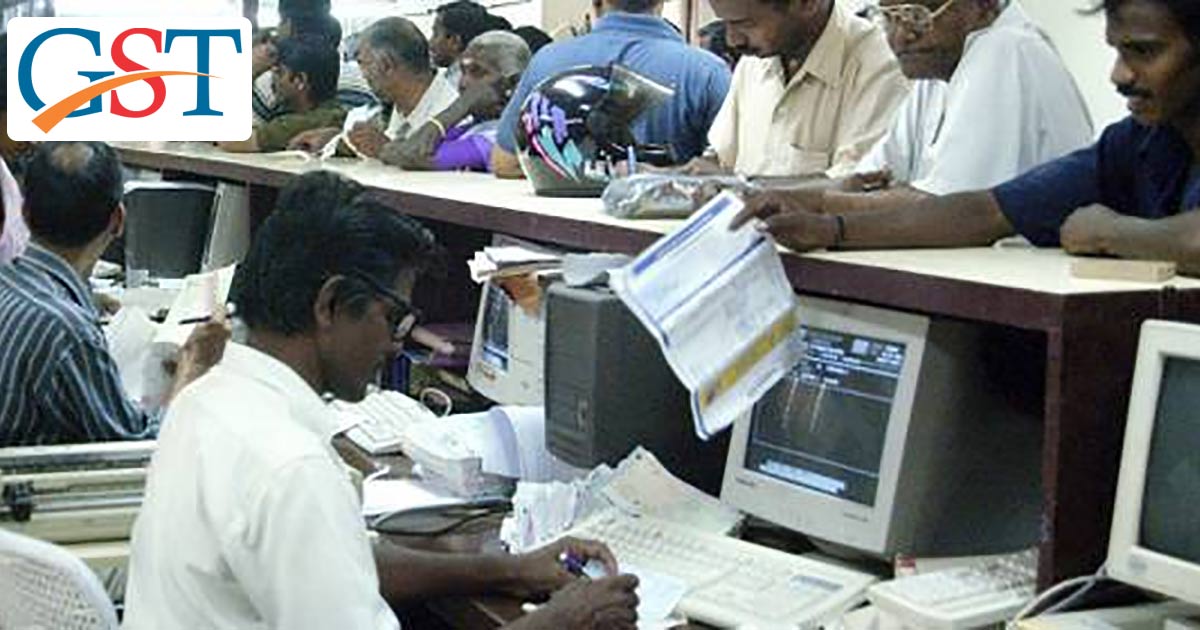A study conducted by credit company TransUnion Cibil reveals that around 4 lakh new borrowers now prefer formal lenders for any kind of finance needs. The rate has reportedly increased post demonetisation and GST. Small size loan seekers are the biggest occupant of this category. A significant rise has also been reported in the number small borrowers who want to register new businesses.
The number of new borrowers, mostly including MSME – micro small and medium enterprises, who are choosing to borrow from formal lenders has increased to 4 lakhs in July-Dec 2017 period against 2.7 lakhs of January-June 2016 period. Amongst this, the highest growth of 31% was seen in the number of small fund borrowers, seeking loans up to Rs 10 lakhs, between the period of December 2016 and December 2017, during which about 34 lakh new firms were registered under GST.
However, the statistics are still far behind as compared to the number of total SME borrowers. “The MSME sector remains significantly under-penetrated on the organised lending front. Out of the 51 Million MSME units, only 5 Million units have access to formal credit,” said Mohammad Mustafa, chairman and managing director, Sidbi.
The study included over 5 million borrowers across India who seek formal finance from entities like commercial banks, NBFCs, fintech companies and regional rural banks. It has also been found that medium and small businesses have relatively lower NPA rates of 8 to 12 percent as compares to the NPA rates of large enterprises (16%) and mid-size companies (15%). According to the study, MSMEs borrowing amount between 10 lakhs and 5 crores are also with the lowest delinquency (fraud) rates in the entire banking industry.
Satish Pillai, managing director and CEO, TransUnion CIBIL said, “MSME segment, if targeted and serviced appropriately, can grow to have a substantial share of Indian bank’s commercial balance sheets and profits in the next 3-4 years.” The credit access for MSMEs can be increased significantly while reducing the borrowing cost for small businesses. The report, in addition to giving an idea of the borrowing nature of the MSME sectors and risk and profit factors for the lending institutions, also reveals the impact of GST and demonetisation on GST compliant MSME business.









